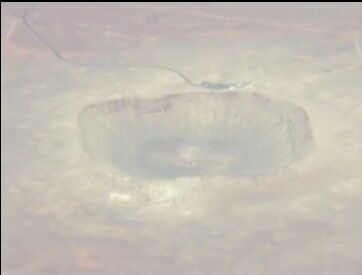OK, I’ve gone back and taken a look at Jeffrey Bell’s Space Daily piece again.
In addition to the comments that Dwayne Day made on the previous post, he’s wrong about architectures. I was a little confused on my first read, and I thought I agreed with the following:
People who say that a manned moon mission could be assembled in LEO out of small pieces launched on existing boosters like the new EELVs are dead wrong. This option was never seriously considered by either the Red Team or the Blue Team back during the Moon Race. It vastly magnifies the chances of failure.
Both Delta 4H and Atlas 5H can lift about 20 tons to LEO, so many launches would be needed for each moon flight. The need to design the moonship in many small pieces increases its total weight. Rumor suggests that the actual number coming out of current studies of this option are in the range of 6 to 9 launches (120-180 tonnes). If any one of these launches were to fail, the whole mission plan would be disrupted.
Also, there is no way we could produce the number of Delta 4H or Atlas 5H boosters it would take to support a serious moon program on top of all other launch requirements. Since each Heavy EELV uses three core stages in parallel, 18 to 27 stages would be dumped into the Atlantic for one Moon landing.
I actually do agree with much of this–I don’t think that it’s sensible to use EELVs for the new space initiative. Of course, I don’t think that it’s sensible to use expendables in general. My biggest disappointment in the new space policy is that it seems to have thrown in the towel on the possibility of getting low-cost launch.
If we were to launch the pieces on a reliable, low-cost launcher (a highly reusable space transport), then the concerns about a missed launch would be vastly mitigated, the pieces themselves would be much cheaper, and there would be spares in the event of a launch failure. Unfortunately, this is an option that no one seems to be considering now, because NASA screwed the pooch so badly on X-33 that the agency (totally irrationally) really seems to believe that it’s not possible to build reusables, or lower launch costs significantly. And for the paltry goals that the agency has (even in the wake of the new space initiative), it’s probably not.
It will only happen when the nation (not NASA) decides that we have to have routine affordable access to space, and puts in place policies to achieve that goal (which involve much more activity than NASA’s space exploration goals). But once the goal is achieved, the trade space will become radically transformed, and articles like Jeffrey Bell’s will be irrelevant.
